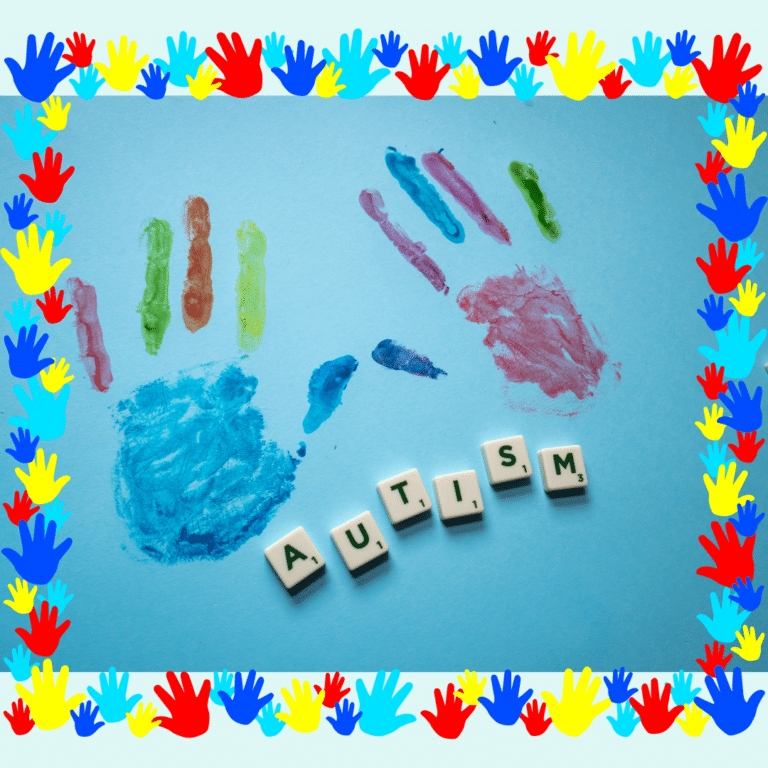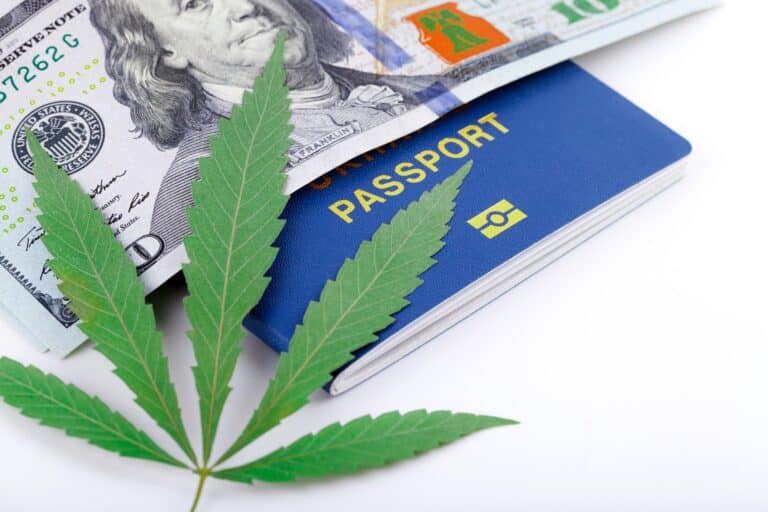Treating Epilepsy Patient with Medical Marijuana

Posted on September 4th, 2019 to Medical Cannabis by mdcompcare
Treating Epilepsy Patient with Medical Marijuana
Today, epilepsy is one of the leading neurological conditions people suffer from. The condition is often characterized by recurrent seizures that occur due to a sudden jolt of electrical activity happening in the brain. When this happens, it causes a disruption in the messaging system that happens between brain cells.
A lot of research have been done in recent years about this condition and how to battle it. One of such research is looking into the role marijuana can play in helping epilepsy patients.
Research is now moving at a rapid pace unraveling the likely benefits that come with the use of medical marijuana. On a daily basis, reports are being made about its possible therapeutic uses.
So, what about epilepsy and marijuana? Is there any link between the two and can marijuana, in any way, help in treating epilepsy patients? Let’s see some answers to these questions below.
What Is Marijuana?
Marijuana is the leave of the plant cannabis, which is made up of hundreds of different components. The two most popular among these components are CBD (cannabidiol) and THC (tetrahydrocannabinol). These two compounds are naturally found in the resin of the cannabis plant.
While THC is the psychoactive compound in cannabis, which is responsible for the “high” people feel, CDB on the other hand, is non-psychoactive and responsible for the several medical benefits associated with cannabis. So what is medical marijuana?
Medical marijuana are marijuana-based products that are used for medicinal purposes in human. Such products often contain more CBD and its oil.
How Medical Marijuana Works
Both CBD and THC bind to receptors in the brain and are helpful in fighting pain associated with some conditions like HIV/AIDS and multiple sclerosis. When they attach to the brain receptors, they block the transmission of pain signals. However, CBD doesn’t only bind to pain receptors but also work on other signaling systems within the brain.
The exact way by which marijuana helps to fight epilepsy is not fully understood. But there have been studies linking reduction in epileptic seizures to CBD.
What Studies Exist to Support the Use of CBD in Treating Epilepsy?
Recently in the U.S, there have been some open-labeled studies on a CBD-derived drug called Epidiolex. The drug is a purified, 99% oil-based extract of CBD produced to administer a known amount of CBD in each dose. Based on data from various studies, the FDA has given approval for the product to be used as “compassionate drug” for a limited number of people at each study center. Results received from the studies for difficult epilepsies like Lennox-Gasataut syndrome in children and Dravet syndrome in adults have been promising. Below are some of the reports gotten on Epidiolex:
- Reduction in the frequency of drop seizures
According to a study published in the New England Journal of Medicine in 2018, it was found that the addition of CBD to a traditional seizure medication caused the frequency of drop seizure to decrease significantly in children and adults suffering from Lennox-Gasataut syndrome.
- Fights drug-resistant seizures in people with Dravet syndrome
A study in 2017 also confirmed the effectiveness of CBD in treating Dravet syndrome as it helps reduced drug-resistant seizures in epileptic patients suffering from Dravet syndrome. Compared to placebo. CBD resulted in a greater decrease in convulsive-seizures in the patients.
- Reduces seizures in people with hard-to-control epilepsy
In an open label study published in 2015 in Lancet Neurology involving 214 people who received Epidiolex without a placebo control reported an average reduction of 54% in seizures.
Does Marijuana Have Side Effects?
Yes, there are some side effects that come with the use of marijuana, depending on how it is used. For instance, if smoked, it could have some effects on your heart and lungs. However, reports from studies following up the use of CBD for people with Dravet syndrome and Lennox-Gastaut syndrome has shown some common side effects. Some of them include diarrhea, tiredness, and stomach disturbance. This may be because the product is oil-based.
Are There Any Drug Interactions?
There have been some drug-to-drug interactions that have been reported during studies of CBD and epilepsy.
For instance, people on valproic acid (VPA) due to increased levels of liver enzymes, and also a commonly used anti-seizure medication may experience reduced levels of VPA when taken with CBD. This may be because a part of the VPA byproduct may interact with CBD when it’s broken down. Hence, this could put some individuals at higher risk of developing liver issues.
Also, there is an interaction between clobazam (Onfi) and CBD when the drug is broken down in some people. This may be the reason for the usual tiredness reported in people who are on both Onfi and CBD.
If All Other Medications Do Not Work, It’s Reasonable to Consider CBD Oil
If you have tried all convention treatments to control seizure and it seems to be working just as in the case of roughly 30% of epilepsy patients, it is reasonable to consider CBD.
However, you are recommended to consult with an epilepsy specialist before making any decision. The expert will help you further explore all other existing treatment options to combat the condition. And if there is none, he will tell you how to go about using medical marijuana based on the law of the state. Remember that you can’t by just smoking week enjoy the benefits of marijuana for epilepsy.
Copyright © 2024 Medical Marijuana Doctor - MMJ Doctor Near Me
Site by CannaPlanners



